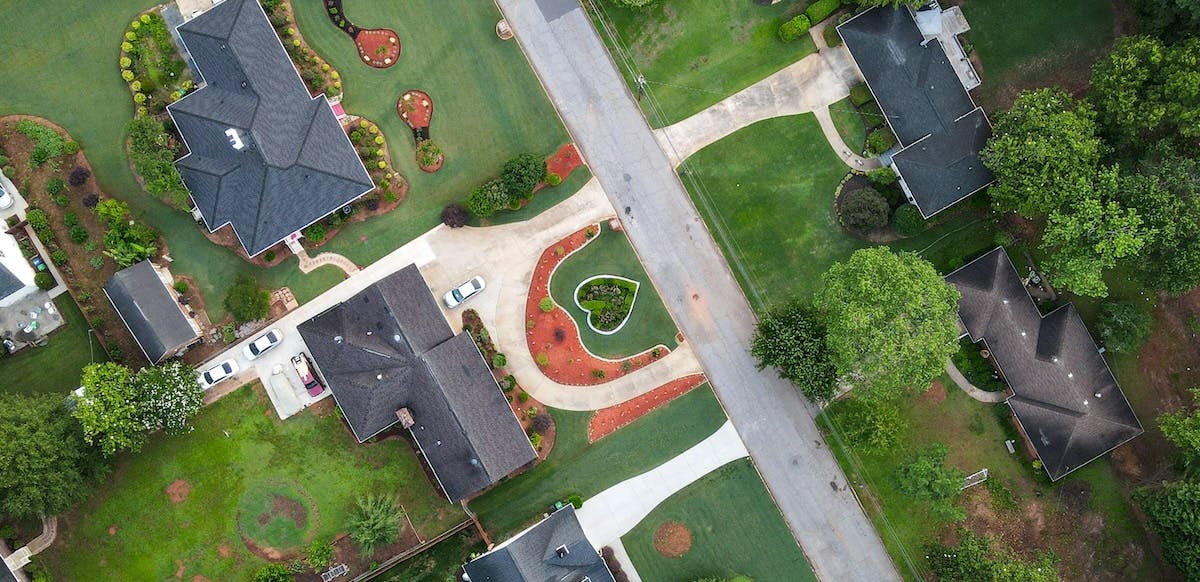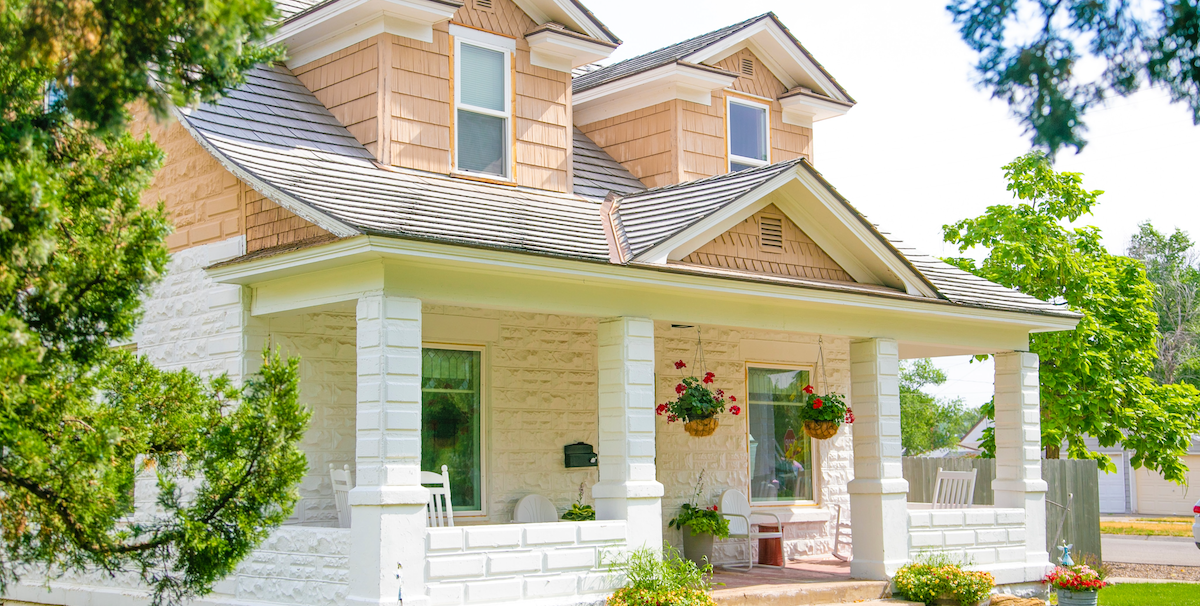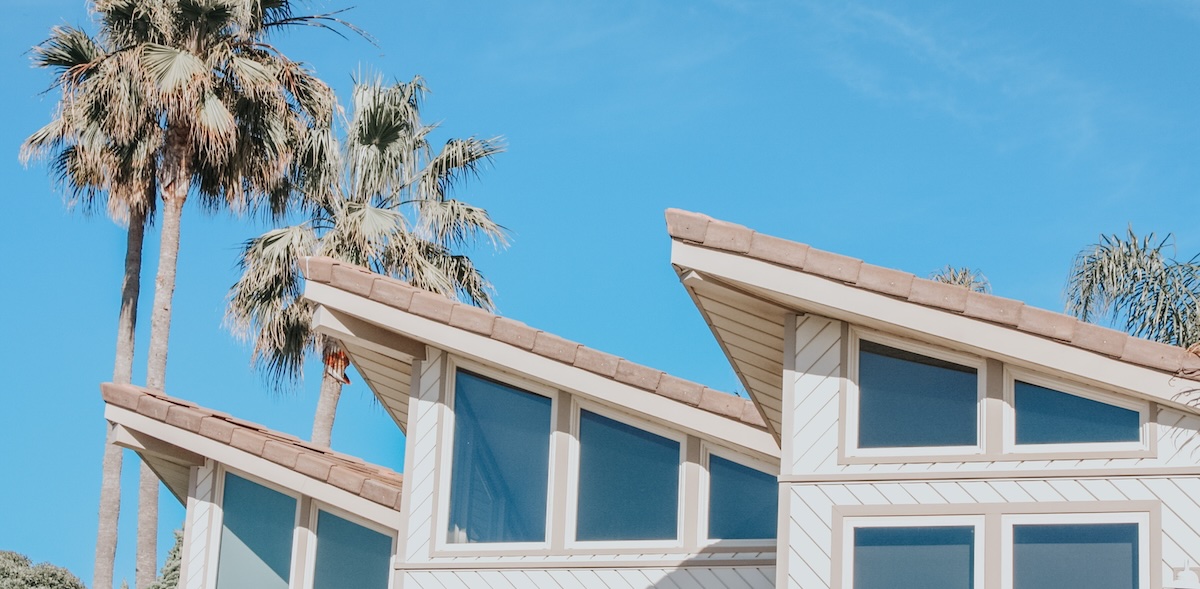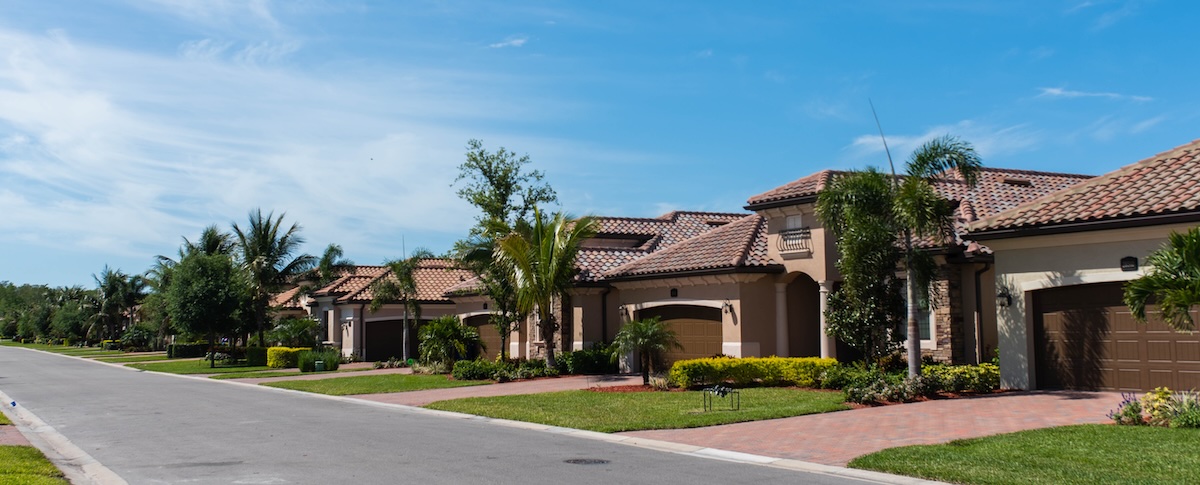Legal & Regulatory
Georgia Has New Tenant-Landlord Laws in 2024: What Homeowners Need To Know
Last Updated Aug 14, 2024


Until recently, Georgia was one of the only states in the US that did not enforce minimum standards for health and safety in rental homes. This created confusion and ambiguity around homeowner responsibilities to keep their homes well-maintained. That changed as of July 2024, with House Bill 404 now in effect.
Known as the “Safe at Home Act”, HB404 brings in a few changes that rental homeowners should be aware of, including:
- New livability and maintenance standards for rental homes
- Changes to the eviction process
- Caps on security deposits
This will impact all future lease agreements and management responsibilities for rental homeowners in Georgia. In this article we’ll cover what you need to know about the new Safe At Home Act, and outline a straightforward path to compliance.
What are the new rental home standards for Georgia?
Keeping a rental home up to code and comfortable is now enforceable by law in Georgia. As a homeowner you have a responsibility to ensure your home is fit for occupancy by:
- Ensuring all essential services and utilities are functioning including plumbing, electrical systems, heating, and cooling
- Ensuring the home has access to hot and cold water
- Keeping the home free from hazards including mold, leaks, and pest infestations
- Conducting regular maintenance to minimize potential issues
- Addressing repair requests without delay
Unlike some states, Georgia statutes don’t give your residents the right to withhold rent or deduct the cost of repairs from rent without authorization. But if you leave maintenance requests unanswered, they could take legal action against you under the new laws.
The best way to abide by the Safe At Home Act is to make maintenance a priority. Budget for repairs and don’t delay on maintenance requests. If you’re a Belong homeowner, you won’t even need to think about this. You’ll have access to over 10,000 maintenance professionals at your fingertips, the option to spread the cost of repairs across your lease, and our support team will handle all resident inquiries 24/7. You can even subscribe to regular maintenance services for a hassle-free, hands-off experience.
Related: Why Ignoring Rental Home Maintenance Could Cost You More Than Repairs
What are the changes to the eviction process in Georgia in 2024?
If rent has gone unpaid, residents now have a three-day grace period to fix the situation before an eviction can begin. You will need to give clear written notice before filing for an eviction, outlining the reasons why.
The other 2024 update is on ‘self-help evictions’. Actions like changing the locks or shutting off utilities to make someone leave has always been illegal, but HB404 adds air conditiong/cooling to the list of things that you can not shut off to force an eviction.
Avoiding situations like this is what Belong does best. For starters, we guarantee rent for homeowners. That means you get paid reliably, even if rent falls behind. Belong gives residents the flexibility to pay on their own schedule and will take care of making sure they’re on time, without impacting your cash flow.
If we ever need to start eviction proceedings against a resident we have chosen, we will handle that too.
Belong-initiated evictions are covered with a safety net that protects homeowners against up to $15,000 in legal fees. This is as much as 5-10x what the average property management package is capped at. Most property managers charge extra for eviction protection, only to sneak restrictions in the fine print.
If someone refuses to leave and is living in your rental home illegally, Georgia homeowners now have increased protections thanks to another recent bill, the Georgia Squatter Reform Act. This new law will allow homeowners to get back possession of their homes quicker and punish squatters with fees and jail time.
Related: How To Avoid Costly Evictions With Belong’s Game-Changing Safety Net For Homeowners
What are the new security deposit caps in Georgia?
The Safe At Home Act also includes new caps on how much you can charge for a security deposit. As of July 2024, all security deposits for rental homes in Georgia are limited to two times the monthly rent.
Damage, pet, and advanced rent deposits are considered to be security deposits under Georgia law. Make sure you factor extra charges like these into the amount charged and don’t forget to check for ordinances in your county as caps may vary at a local level.
How will Georgia’s new laws impact my lease agreement?
If you rent out a home in a city like Atlanta or Savannah, you will need to make sure any future lease agreements and renewals reflect current laws and local ordinances. State and county laws can override any clauses in your agreement, which could leave you open to legal liability.
Avoid using free online templates that could be out of date or feature generic clauses. Have your lease agreement drawn up by a professional who is up to date with both state legislation and any local ordinances, such as:
- A local attorney or property lawyer
- A property management company
- A modern property management alternative like Belong
Related: 11 Legal Mistakes To Avoid As a Rental Homeowner
Get guaranteed rent and eviction help
Belong homeowners don’t have to worry about constantly changing regulations, as our team of experts do all the work for you and are available 24/7 to answer any questions.
Belong homeowners earn guaranteed rent, paid to them each month even when residents are late to pay. And, in the unlikely event that residents must be evicted, Belong assists with the process so homeowners are never stuck dealing with a confusing legal system on their own.
Interested in learning more about Belong in Georgia? Check out one of our local pages below:
Disclaimer: This article is not intended as legal or financial advice. Your local city is the best place to find information on local ordinances that apply to you and your rental property.
About The Author
Melanie Kershaw
Mel Kershaw is a Content Lead at Belong. With an extensive background working with technology companies including Eventbrite and Yelp, she’s always looking for ways to create educational and informative articles that simplifies tech and solves problems for her audience.




